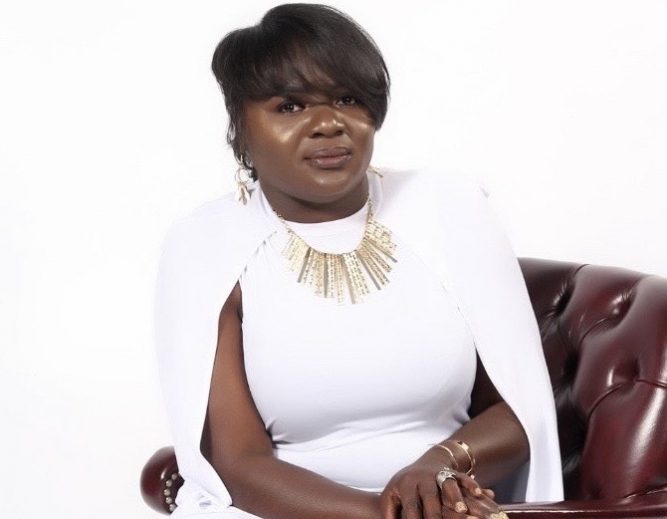
As another year begins with Philadelphia’s horrible murder rate, families like mine who have lost someone naturally understand what victims’ relatives are going through.
We perceive how the parent feels, what they should do, what they should expect, and how the other siblings feel. We call the parents, go to their home to ease their pain, assist with making phone calls, attend the vigil, services and repass, and console the grieving family.
In other words, we try to help, but we can’t help but relive our loved one’s untimely departure. It’s a hard place to be in, and sometimes it’s more than we can handle.
I know this, because I’ve overextended myself and been burned out before. Burnout can be difficult to describe to some but it’s basically emotional, mental exhaustion, accompanied by decreased motivation, lower performance and negative attitudes towards oneself and others.
Some people may not realize they are experiencing burnout or what it is. At first I didn’t recognize burnout but my family knew something was not right with me. “What is wrong with you?” they would ask. My reply would be, “Nothing, I’m just sick of the grass growing and no one is cutting it, why is the refrigerator keeping the things too cold, why is the cold water too cold.”
They would have a family meeting without me and tell me to go to my doctor because something is going on. At first I would get mad, then I noticed, yes something is wrong with me and I couldn’t control it no longer to the best of my ability. My anger increased for no reason at home and work, and at fun gatherings I could not enjoy myself because I’m looking for anything to complain about.
One of my outspoken staff members pulled me aside to ask what’s going. I said in a snappy tone, “Nothing!” She said right there, “That is what I’m talking about. You’re acting different and I just want you to know you can talk to me about anything.”
I just begin to cry in her arms. I cried for over 10 minutes as she held me, and then she reminded me, you don’t have to be strong all of the time. Niam was your baby and I know you loved him, maybe you’re taking on too much. You’re working full-time and doing the advocacy, being wife, mom, grandmom and author. Take some time to yourself. Have you been to your doctor lately?
I was the one everyone comes to for support and now it’s me needing support, how can this be? I left work early that day and went to the doctor office to be seen. I told my doctor what was wrong and explained to him I’ve been short with people, not sleeping, irritated, agitated and just emotional. Of course he placed me on medication to assist me with my symptoms but also told me to get involved with a grieving group. To this day I realize the importance of my medication and the importance of me attending the grieving meeting.
I also realized going to funerals, or getting to deeply involved with a grieving family brings causes me to relive the day my son was murdered as well as any unsettled feelings towards his murder. Now, I know my limitations with dealing others. I also am conscious of removing myself from toxic people or situations so that those uneasy feelings won’t come through and place me in a funk.
The message is, learn yourself, pay attention to yourself and body. Ensure you get at least 8 hours of sleep per night. Take your medication your doctor has prescribed to you as directed. Learn to express your emotions and if you help others make sure you are not over doing it. We give to others on an ongoing basis but don’t give back to yourself. It can be as simple as just reading a book to writing a book, shopping, cooking, going to get your hair done, getting a haircut, or even a massage.
Take time for yourself
Kimberly Kamara is the author of “Where’s My Daddy,” a children’s book aimed at kids who’ve lost a parent to murder. The book was inspired by her family’s continuing journey of grief after her son, Niam Johnson-Tate, lost his life to gun violence on July 5, 2017. Kimberly has two daughters and lives in Germantown with her husband.










Leave a Reply